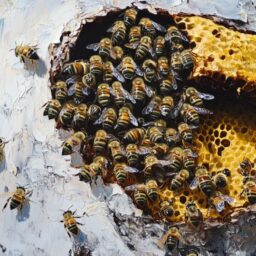
In the book The Fable of the Bees by Bernard Mandeville, the author presents a provocative argument that private vices, such as greed and self-interest, ultimately drive economic prosperity and social progress. Through his satirical poem The Grumbling Hive and its accompanying essays, Mandeville challenges the notion that moral virtue leads to societal well-being. Instead, … Continue reading The Fable of the Bees: or Private Vices, Publick Benefits Bernard Mandeville (1714)

One of the greatest reasons why so few people understand themselves, is, that most writers are always teaching men what they should be, and hardly ever trouble their heads with telling them what they really are. Credit: Bernard Mandeville Comment: Understanding what it means to be human is crucial for our survival. We cannot thrive … Continue reading Understanding Ourselves Bernard Mandeville (1714)

Peter Block, the Grand Inquisitor, and Leadership Critical Thinking Close Pop-up all posts in this chapter What’s the Vibe? Please be patient as this may take up to a minute to load… Close Societies often assume that virtue leads to prosperity, but history suggests a more complex reality. Efforts to eliminate self-interest can unintentionally suppress … Continue reading The Fable of the Bees Or, Private Vices, Public Benefits



